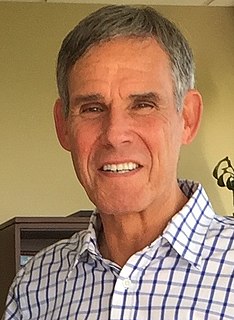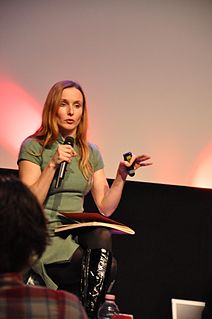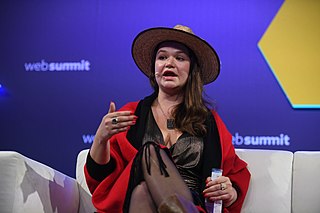A Quote by Jackie Speier
There is no longer any anonymity on the Web - unless we mandate it. The most personal information about your online habits is collected, bought and sold, often instantaneously and invisibly. Data collection is a business driven by profits at consumers' expense.
Related Quotes
The launch of Google+ apps sends a powerful signal - the personalized web has begun. What this means is that the way information is structured and accessed will turn on the individual, or rather their personal profile which is a composite of all the data collected on the basis of what they have searched for and shared.
There is so much information that our ability to focus on any piece of it is interrupted by other information, so that we bathe in information but hardly absorb or analyse it. Data are interrupted by other data before we've thought about the first round, and contemplating three streams of data at once may be a way to think about none of them.


































